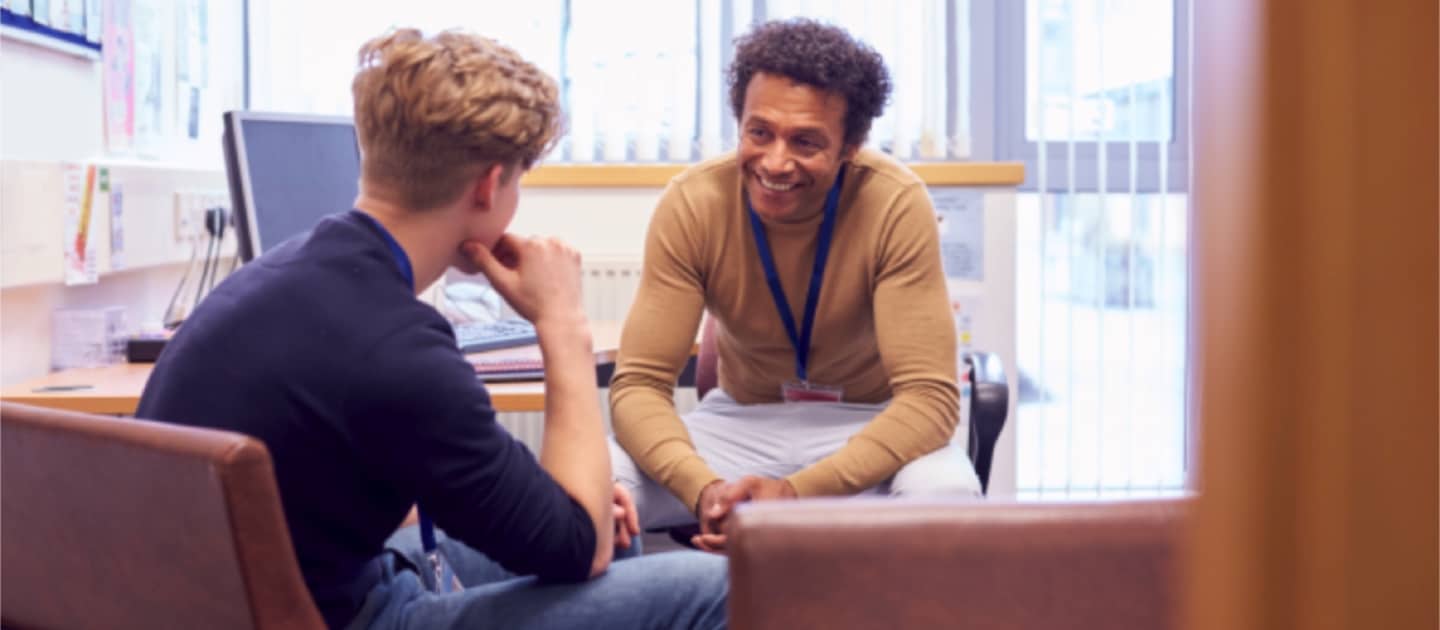
Examining the Role of the Learner and the Teacher in Language Learning Motivation
The core of personalized learning lies in the direct engagement with our learners through one-to-one sessions and one-to-one conferences. This engagement allows students to connect, identify, activate and be empowered throughout their personalized learning journey.
11 Aug 2024

